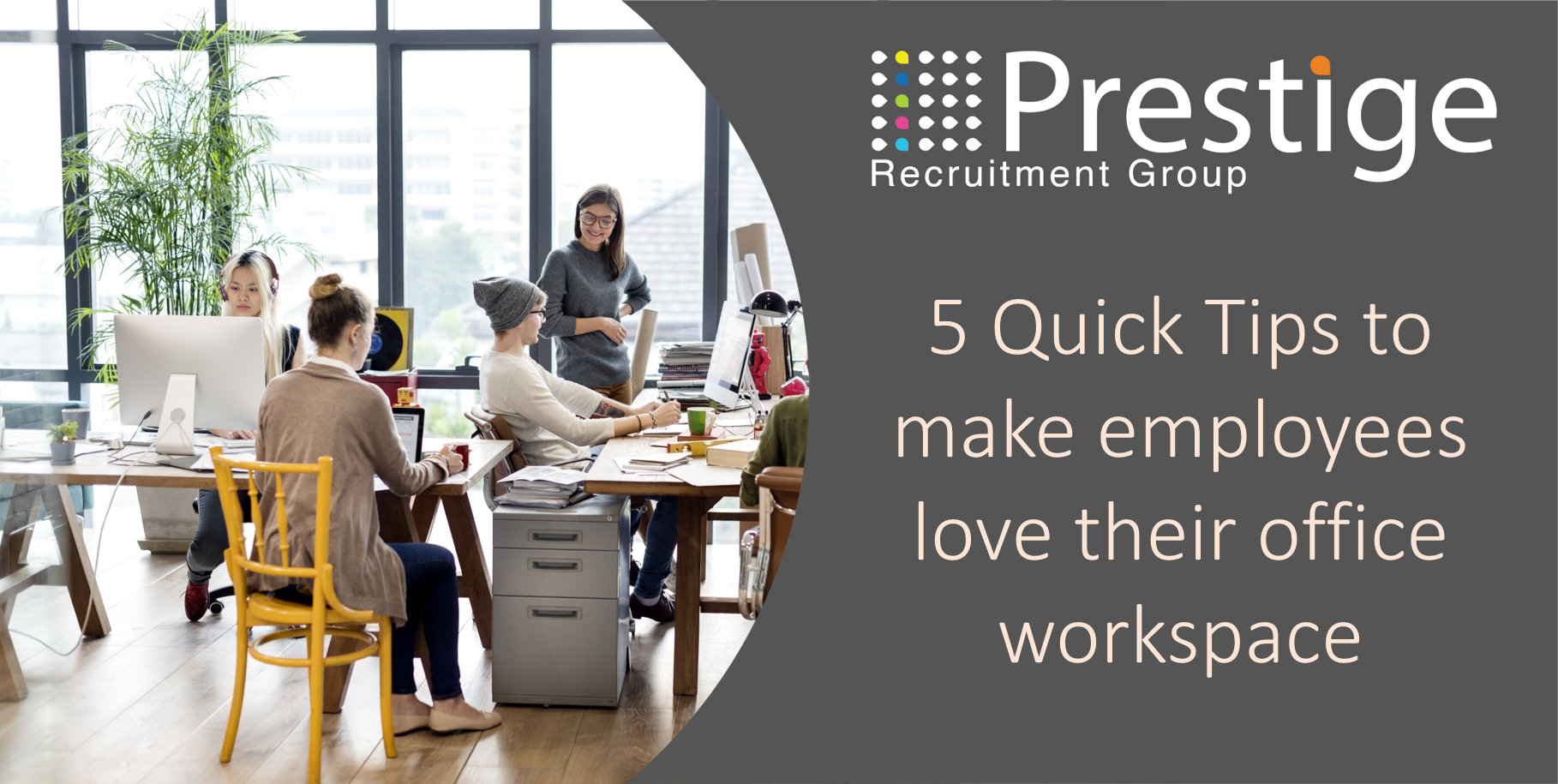If someone asked you about the cost of a bad hire, more often than not, you would think purely about financial cost and not much else. The truth of the situation, however, is that the wrong hire doesn’t just affect finances but also impacts company culture, productivity, and other employees. So, if you’re wondering what the true cost of a bad hire is – we’ve broken it all down below.
Financial
Although money isn’t the only expenditure, it is certainly a key element to the ‘true cost’ of a bad hire. By hiring the wrong candidate, the money wasted on salary and training will be of substantial wasted cost. In fact, the Department of Labour estimates that the cost of a bad hire can equal 30% of the employer’s potential first-year earnings.
As well as this, by hiring the wrong person, the company is wasting money and resources used for onboarding and training - which should have been spent on the right person for that role. If you have to hire another person to do that job, you are doubling your costs before the candidate is even settled into their new role. Therefore, when you invest money into a new hire, you want to ensure that you’re investing into your company’s future and not just throwing money away.
Company Culture
Another element that is vital with bad hires is how it can affect company culture. If you hire someone who is not right for the job, people will notice and the atmosphere and the company’s working experience will start to alter. By hiring the wrong person, other employee’s may lose morale and engagement as left unaddressed; employees may question your ability to judge who is right for the company. These altering opinions could affect employee viewpoint, which could cause company dissatisfaction and will ultimately affect company culture.
Employee Morale
If the personality of the company has altered and the company’s culture is different, other employee satisfaction may begin to decrease. When a bad hire starts and leaves, their job is often placed into the hands of someone else, which can lead to increased negativity in the workplace. The rest of the team may become dissatisfied and disengaged and this may cause more employee departures. One employee that comes in and changes everything may cause even your best workers to seek employment elsewhere.
Low Productivity
If the company culture has changed, so will productivity in the office. If a new hire fails to be on par with the rest of the team – everyone else will be distracted. According to Robert Half International, supervisors spend one day a week managing poorly performing employees. If you’re spending all your time checking on and helping new staff, you’re not performing your own duties, which can seriously affect the productivity of the company.
Hire the Right Person Straight Away
When you break down the costs of a bad hire, it becomes clear exactly why you can’t afford to waste time, money and resources on people who will not benefit the company in the long run. Hiring the right person will reduce stress in the workplace across the whole company. It is evident that finding the perfect candidate is critical to your company’s morale, productivity and culture.
The positive thing is there are methods, which can ensure your company hires the right person, immediately. A recruitment agency will save you days of wasted time, and will shift through applications so that you only have to make time to meet those who are seriously worth considering. They will often even schedule interviews and deal with all the admin involved with a new hire.














